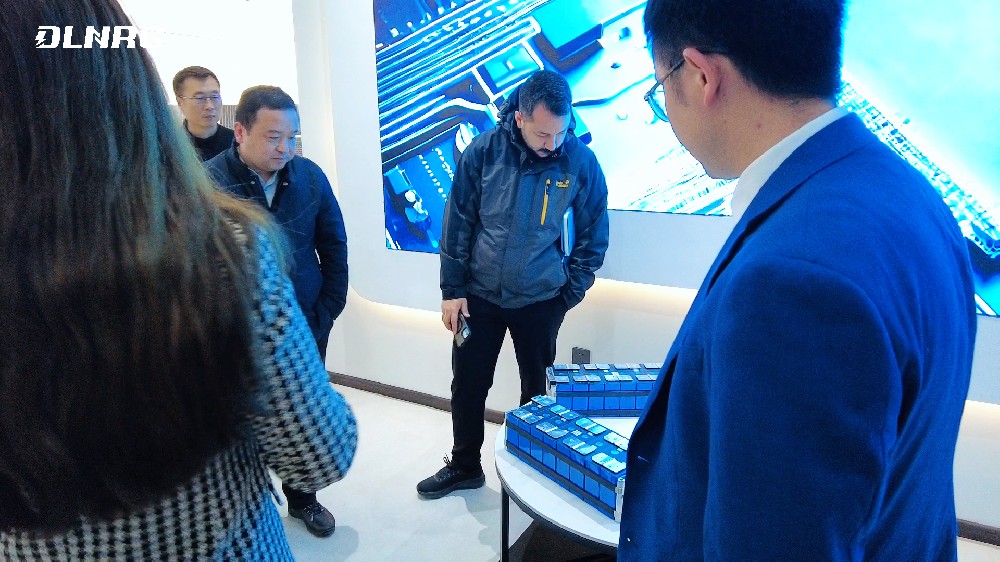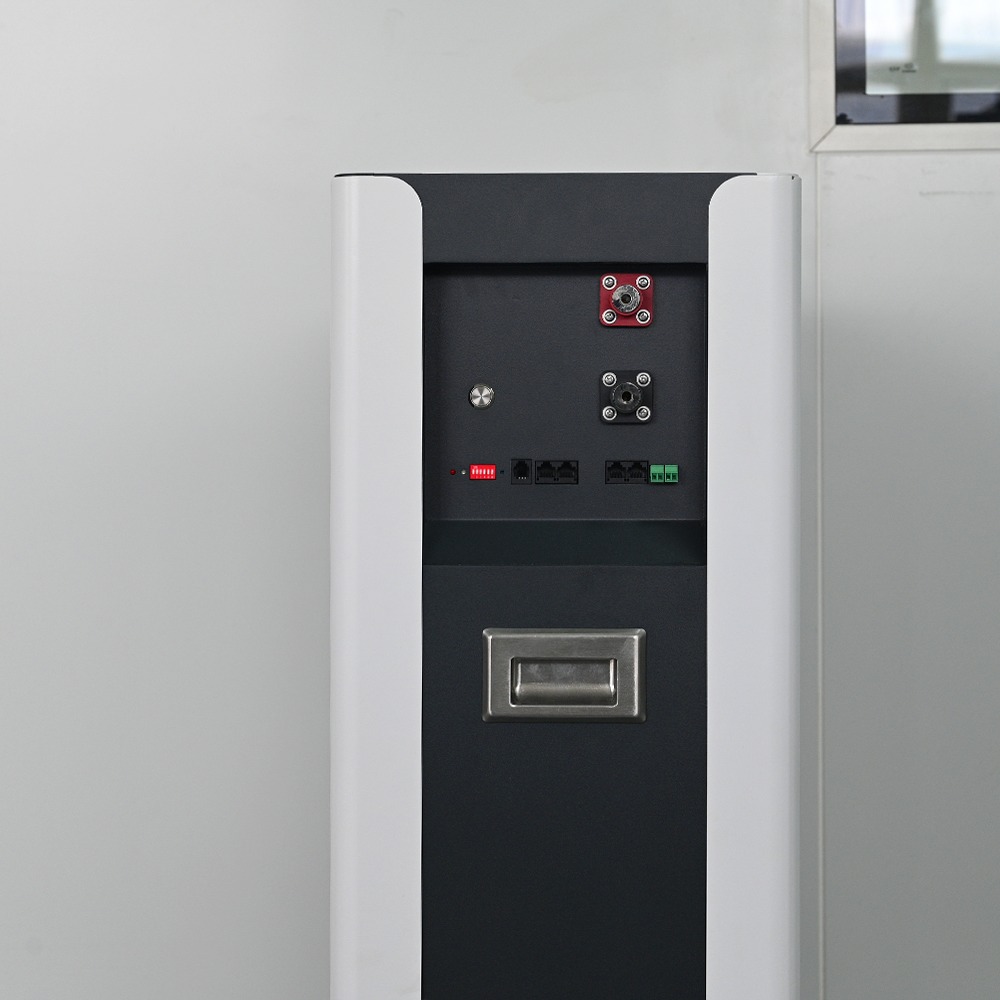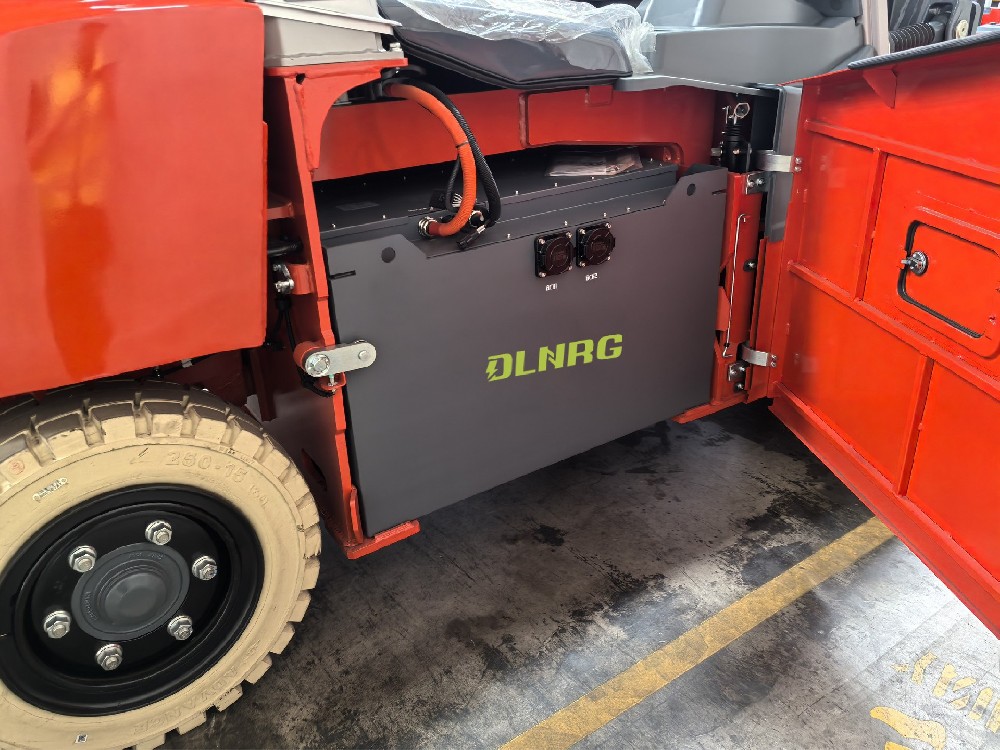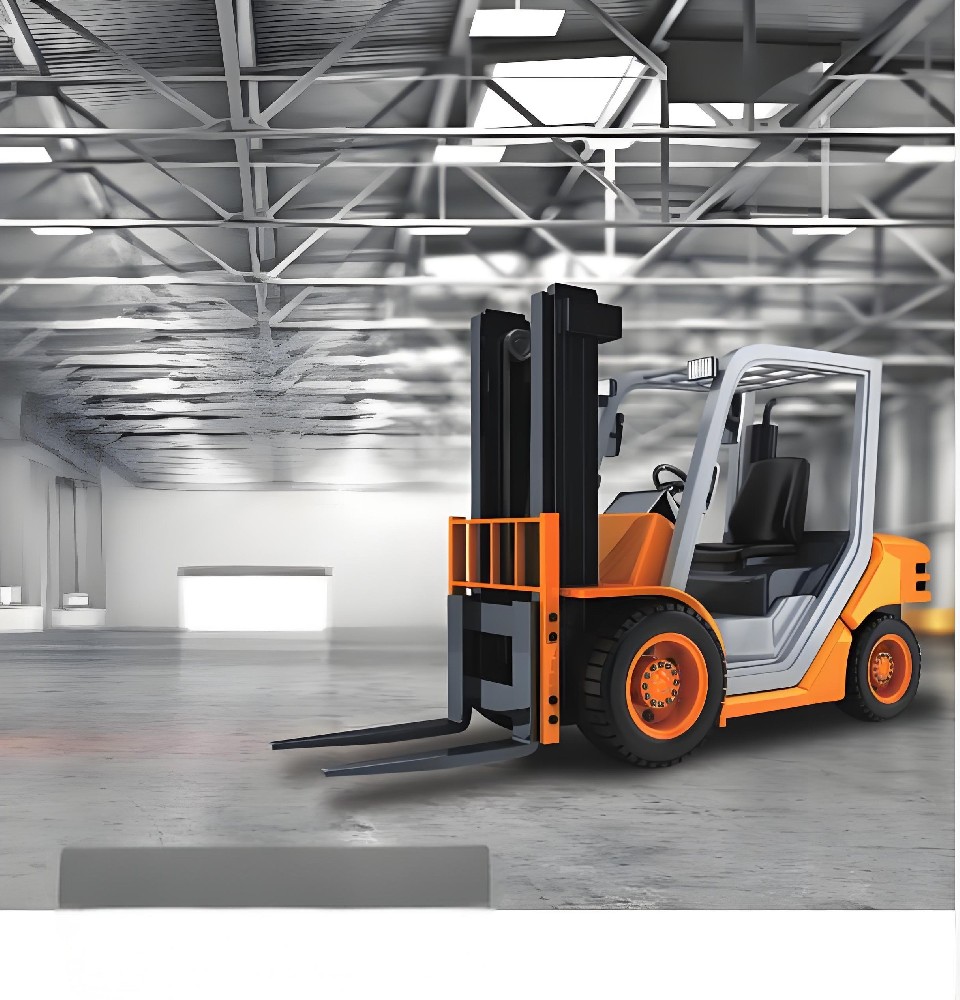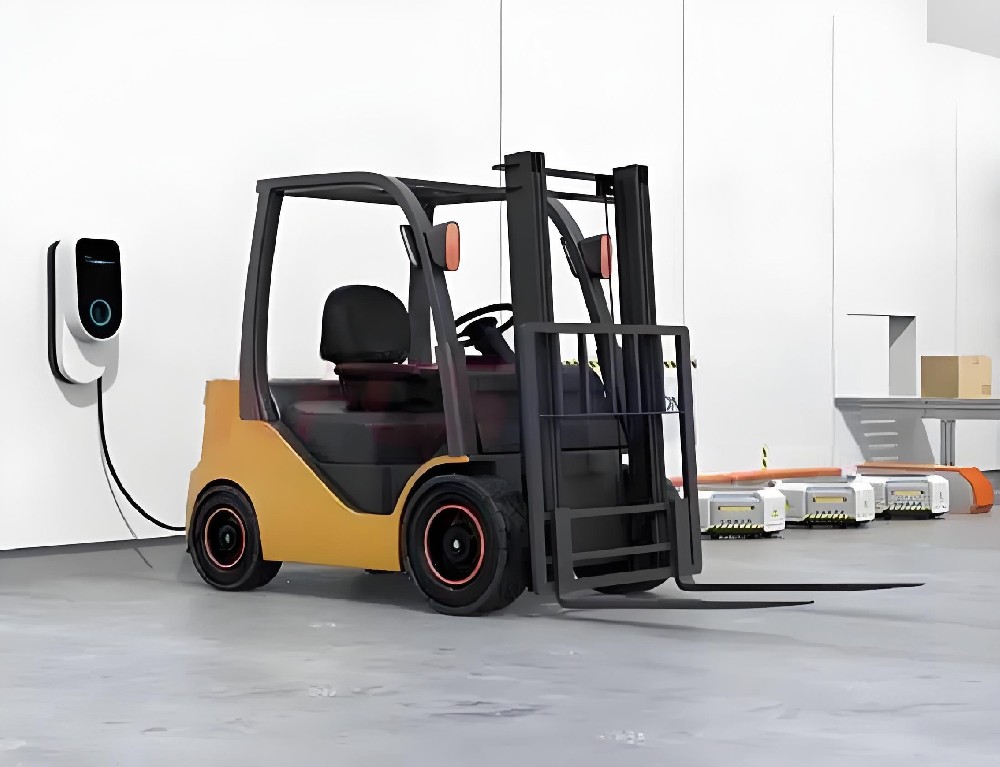With the advent of technology and the need for enhanced operational efficiency, businesses across the globe are shifting paradigms to embrace more reliable solutions. A notable area where this shift is prominent is the logistic operations of warehouses. A warehouse’s efficiency and productivity significantly depend on its material handling, and at the heart of this lies the forklift. Lithium batteries have revolutionized the way forklifts operate, tremendously enhancing warehouse efficiency.
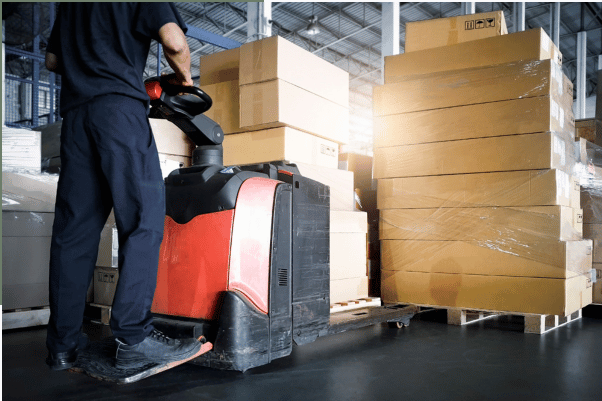
What is a Lithium Forklift Battery?
A lithium forklift battery is a high-capacity industrial battery that uses lithium-ion technology. Unlike traditional lead-acid batteries, they offer several advantages due to the technology they incorporate, including enhanced efficiency, longevity, and eco-friendliness, which align perfectly with modern warehouse operations.
How Does the Lithium Forklift Battery Improve Warehouse Efficiency?
1. Increased Productivity
Lithium batteries are known for their ability to charge and discharge quickly. This property alone can drastically reduce battery exchange times and thus significantly mitigate downtime between shifts or during shift changes. Compared to lead-acid batteries, which often need hours to charge fully charge fully, the value proposition of lithium batteries becomes even more apparent.
2. Longer Lifespan
Traditionally, lead-acid batteries would demand replacements after 500-1,500 charges, depending on the particulars of usage. In comparison, lithium batteries can endure upwards of 2000 charging cycles. They also experience less performance degradation over time. This significantly reduces the replacement and maintenance costs, contributing to the financial efficiency of the warehouse operations.
3. Eco-friendly and Safety
Not only are lithium batteries efficient and reliable, but they are also environmentally friendly and safe. Lithium batteries are more eco-friendly than lead-acid batteries, which have a significant environmental impact due to their lead and acid contents. They also provide a higher degree of safety as 3they don’t produce dangerous gaseous by-products that can lead to health issues and require ventilation.
4. Elimination of Battery Maintenance
Lead-acid batteries require considerable maintenance, including cleaning terminals and topping up distilled water. This process consumes valuable time and personnel resources, damaging efficiency. However, lithium batteries require minimal maintenance — another strong point favoring their efficiency.
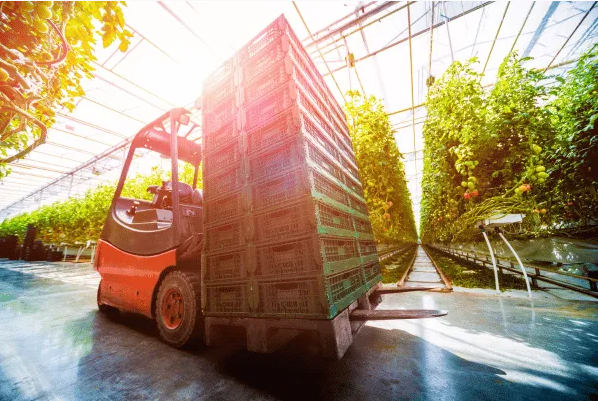
Conclusion
The use of lithium forklift batteries is an undeniable game-changer in warehouse operations. Lithium batteries enhance overall warehouse efficiency by increasing productivity, prolonging battery lifespan, cutting maintenance costs, and boosting safety standards. As industry demands continue escalating, switching to lithium forklift batteries becomes a wise decision that ensures warehouses can achieve optimal performance while meeting their eco-responsibility.
